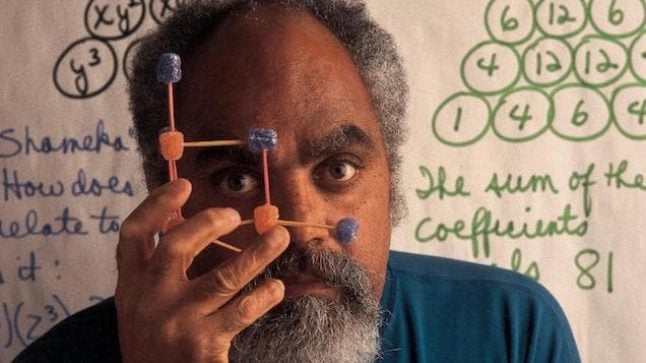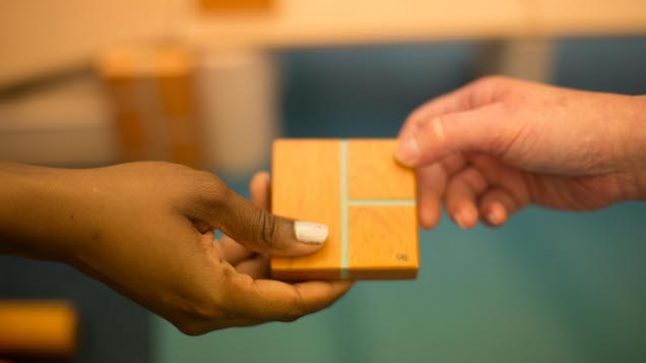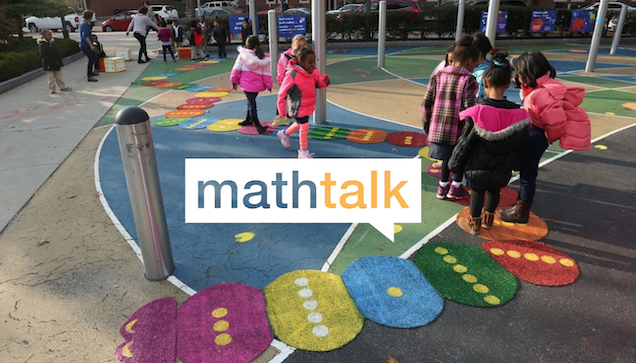Series: About Early Math
In Appreciation of Bob Moses: His Legacy Spurs Action Today

Bob Moses, who died this past July, was a hero to many. During the civil rights struggles of the 1950s and ‘60s, Moses was a leader in the Student Nonviolent Coordinating Committee in segregated Mississippi, working to empower Black people through voting education and voter registration drives. Later, he founded the Algebra Project in 1982 on the belief that math literacy is a critical part of every child’s education. Moses worked to ensure students were able to graduate high school and go onto study math at the college level. For him, this was another civil rights crusade, this time against the inequalities of the public education system.
Although I never met him personally, Bob Moses has shaped my life for the past two decades. In Radical Equations in 2001, Moses wrote “I believe that the absence of math literacy in urban and rural communities throughout this country is an issue as the lack of registered Black voters in Mississippi was in 1961.” (p.5) Reading his book inspired me to focus my doctoral dissertation on math teaching and learning and to join Erikson’s Early Math Collaborative.
Moses’ story of building the Algebra Project in the 1980s and ’90s clarified three important ideas that guide my work:
- There’s no magic to math; it is a natural way of thinking that all humans can enjoy and use.
- Math helps us to understand and describe the real world.
- When we’re working together to solve systemic social problems, math is a tool that will help us.
Math literacy for all students is something we still strive for. The Early Math Collaborative has convened a working group for racial justice in early mathematics comprised of a diverse group of early education stakeholders including teacher educators, parents, and community activists. Together, we have issued a call to action to raise awareness and spur action against the racism baked into curricula, instruction, assessment, and classroom and school structures.
I believe that the absence of math literacy in urban and rural communities throughout this country is an issue as the lack of registered Black voters in Mississippi was in 1961.
Much as I admire the Algebra Project, I hope that someday it won’t be needed because all children will have such a welcoming and authentic experience of math that algebra will be another tool they pick up when they are ready for it. Of course, they will also need teachers who are comfortable with math and build an effective learning community, as well as family members who invite them to explore the world’s mathy-ness together (and throw out the flashcards).
Omo Moses, Bob’s son and the founder of MathTalk, is bringing this vision to life through community math installations and other tools that inspire curiosity and thinking. I am lucky to have had the chance to meet and work with Omo, and his passion and innovations inspire me in much the same way as his father’s writing.
I believe that we can help teachers and parents (and all the adults who spend their lives with young children) to enjoy doing math together and to understand that real math is different from the school math many of them hated. I believe we can build a new generation of math doers who will change the world. Bob Moses, I will keep the faith!

Sign the Call
We call on the field of early mathematics education to name and dismantle white supremacy and anti-Blackness in all of their manifestations. By signing, we hope you will pledge to seek out, participate in, and create opportunities to answer this Call.

MathTalk Leaders Illustrate How Efforts Can Transform Neighborhoods
Read more about Omo Moses and MathTalk’s efforts to mathematize the neighborhood.